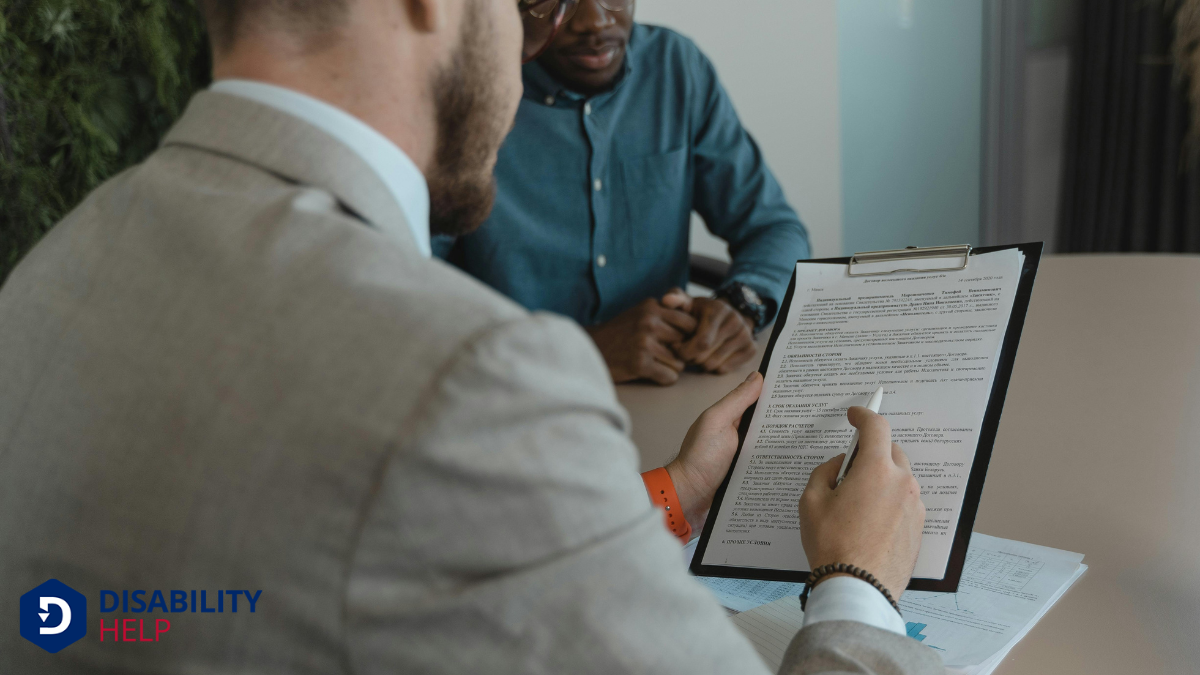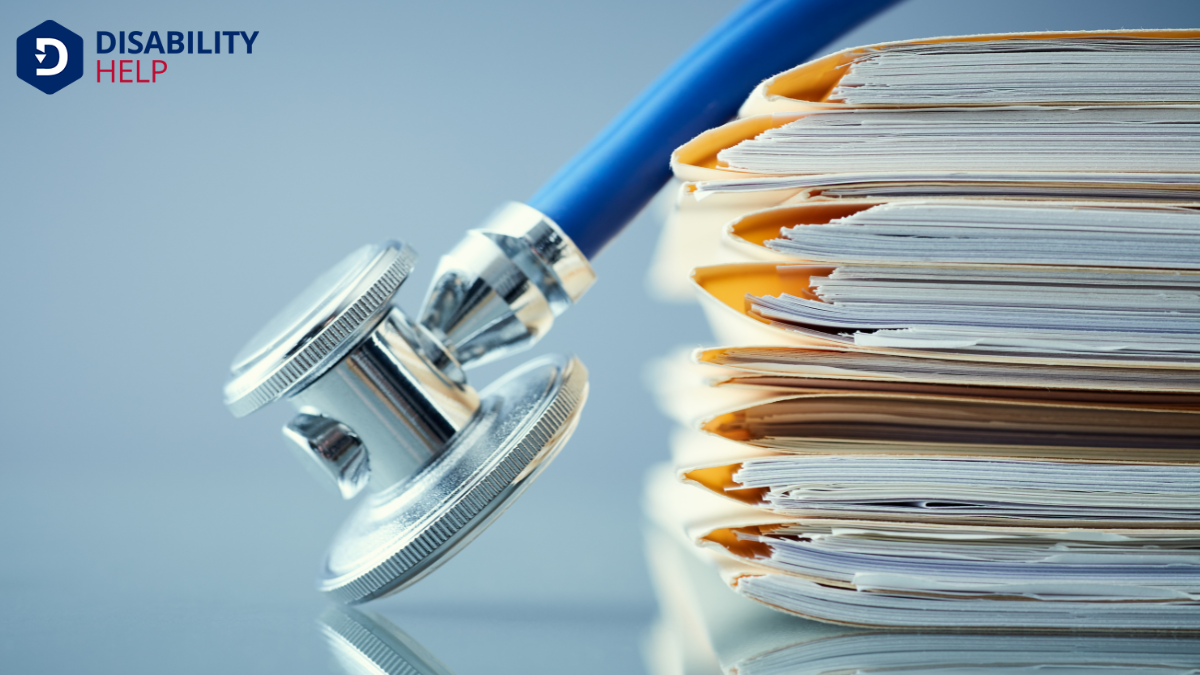When we're considering the chances of winning a personal injury case, it’s crucial to weigh several critical factors. Evidence strength, clear liability, and the attorney's expertise all play pivotal roles. We understand that credible witnesses and detailed medical records can tip the scales in our favor. But what about the settlement process or the influence of insurance companies? Let's explore these elements to understand how they might affect our case's outcome.
Key Takeaways
- Strong evidence and credible medical documentation significantly enhance the chances of winning a personal injury case.
- Proving clear negligenceA legal concept where a party fails to exercise reasonable care, resulting in harm to another person... and establishing liability are crucial for a successful personal injury claim.
- Hiring an experienced personal injury attorney improves the likelihood of a favorable case outcome.
- The severity of injuries and accurate damage assessment impact the compensation potential and case success.
- Effective negotiation with insurance companies can lead to a fair settlement, increasing the likelihood of success.
Understanding the Basics of Personal Injury Law
Personal injury lawThe area of law that deals with compensating individuals who have been injured, including those with... is an essential area of legal practice that protects individuals who've suffered harm due to someone else's negligence.
We often find ourselves wondering how this law works and what it means for us. Essentially, personal injury law allows us to seek compensation when we're injured because someone else didn’t act with the care expected. It covers a wide range of incidents, like car accidents, medical malpractice, and slip and falls.
To succeed in a personal injury case, we need to prove that the other party’s negligence caused our injuries. This means showing that they had a duty to act safely, breached that duty, and directly caused our harm.
Understanding these elements helps us grasp the fundamentals of personal injury law.
Evaluating the Strength of Your Evidence

When evaluating the strength of our evidence, we must focus on a few critical components that can make or break our case. First, we need to guarantee our evidence is relevant. It should directly relate to our injury and the incident causing it.
Next, consider the credibility of our sources. Are our witnesses reliable? Do they provide consistent accounts? We should also gather any physical evidence, like photos or medical reports, that supports our claims.
Documentation is key. Keeping detailed records helps establish a timeline and demonstrates the impact of the injury.
Finally, think about the clarity of our presentation. Clear, organized evidence strengthens our position and aids in persuading the judge or jury to see the validity of our claim.
The Role of Liability in Your Case
When we consider the role of liability in our personal injury case, it's essential to establish who bears fault responsibility.
We need to prove the elements of negligence, showing that the other party failed in their duty of care.
Additionally, let's remember that comparative fault can impact the outcome, possibly reducing the compensation we might receive if we're found partially at fault.
Establishing Fault Responsibility
Determining who's at fault is a significant step in any personal injury case because it directly impacts the outcome and potential compensation. Our task is to identify the responsible party by examining the details surrounding the incident.
Whether it's a car accident, slip and fall, or medical malpractice, understanding liability is critical. We must gather evidence, such as witness statements, photos, and any available records. This information helps paint a clear picture of what happened and who might be liable.
Establishing fault isn't always straightforward; multiple parties can share responsibility. It's important to analyze all aspects of the case to guarantee we're holding the right party accountable. By doing so, we strengthen our position and increase our chances of a favorable resolution.
Proving Negligence Elements
To successfully prove negligence in a personal injury case, we must demonstrate that the defendant failed to meet a reasonable standard of care, leading to the plaintiff's harm. This involves showing four key elements: duty, breach, causation, and damages.
First, we establish that the defendant owed a duty of care to the plaintiff. Next, we need to prove that this duty was breached by the defendant's actions or inactions.
Then, we must link the breach directly to the harm suffered by the plaintiff, known as causation. Finally, we quantify the actual damages incurred, whether physical, emotional, or financial.
Each of these elements must be clearly proven to build a strong case and improve our chances of a favorable outcome.
Comparative Fault Impact
Although we may establish a strong case by proving negligence, the concept of comparative fault can greatly influence the outcome of a personal injury lawsuit. This principle acknowledges that more than one party can share responsibility for an accident.
If we bear any fault, the compensation we receive might reduce proportionally. For instance, if we're found 20% at fault, our awarded damages might decrease by that percentage.
Some states follow a "modified comparative fault" rule, meaning if we’re over 50% at fault, we mightn't recover anything. Understanding how liability is divided is vital in evaluating our chances.
It’s important to work closely with legal counsel to navigate these nuances and guarantee we’re prepared for how comparative fault might impact our case.
Assessing the Severity of Injuries and Damages
When evaluating a personal injury case, we must carefully assess the severity of injuries and damages to understand their impact. This step is vital because it influences the potential compensation and the case's overall success.
We need to look at physical injuries, emotional distress, and any financial losses the injuries have caused. By examining how these factors affect daily life, work capabilities, and future prospects, we can build a strong case.
It's important to quantify damages accurately, considering both immediate and long-term effects. We should also consider the potential need for ongoing medical care or rehabilitationThe process of helping individuals with disabilities achieve and maintain their optimal physical, se....
Our goal is to guarantee all aspects of the injury are addressed, helping to present a thorough view of the situation to support our claim.
Importance of Medical Documentation

Medical documentation serves as a backbone for any personal injury case. It provides clear, detailed evidence of our injuries and the treatments we've received. Without it, proving the extent and impact of our injuries becomes challenging.
Doctors’ notes, test results, and therapy records help build a thorough narrative about our condition. They establish a timeline that shows how the injuries occurred and how they've affected us over time, helping us make our case stronger.
When we present accurate medical records, we reinforce our credibility. These documents validate our claims by providing objective evidence that supports our story.
Understanding the importance of thorough medical documentation can greatly enhance our chances of success in a personal injury case, ensuring our rights and needs are fully recognized.
The Impact of Witness Testimonies
When we consider the impact of witness testimonies in a personal injury case, credibility is essential.
If a witness comes across as trustworthy, their statements can considerably strengthen our case.
Additionally, expert witnesses provide specialized insights that can clarify complex issues and bolster our arguments.
Credibility of Witness Statements
How important are witness testimonies in shaping the outcome of a personal injury case? They're essential, as they can sway the jury's perception and lend weight to our claims.
Let's consider how the credibility of these statements can impact our case:
- Consistency: Witnesses’ accounts must remain consistent over time. Any discrepancies can weaken their credibility and, by extension, our case.
- Demeanor: A witness’s body language and confidence can influence how believable their testimony appears. Nervousness might be misinterpreted as dishonesty.
- Motivation: It's important to assess if a witness has any personal stakes or biases. Neutral witnesses are generally more convincing.
- Detail: Specific, detailed accounts are often more persuasive than vague recollections. Precision can bolster a witness’s reliability.
Understanding these factors helps us prepare for a stronger case.
Expert Witness Contributions
Although expert witnesses mightn't have witnessed the incident firsthand, their contributions are invaluable in personal injury cases. They provide specialized knowledge that helps us understand complex aspects of the case, like medical conditions or accident reconstructions.
By breaking down technical details, they make it easier for us and the jury to grasp the facts. Their testimony can lend credibility to our claims, as their insights often clarify how an injury occurred or its impact on our life.
It’s their expert analysis that helps bridge the gap between confusing data and understandable evidence. By presenting objective, fact-based opinions, expert witnesses can greatly influence the outcome.
We’re more likely to succeed when we effectively utilize their expertise to strengthen our case.
The Skill and Experience of Your Attorney
Securing a favorable outcome in a personal injury case often hinges on the skill and experience of your attorney.
When we choose the right legal representative, we greatly increase our chances of success. Here’s what we should consider:
- Track Record: Look for attorneys with a strong history of winning similar cases. Their past successes can indicate their ability to handle our case effectively.
- Specialization: Attorneys specializing in personal injury law will be more familiar with the complexities of our case than general practitioners.
- Negotiation Skills: An attorney’s ability to negotiate skillfully can lead to better settlements, minimizing risks of going to trial.
- Reputation: An attorney respected by peers and judges can positively impact our case, lending credibility and influence in legal proceedings.
The Influence of Insurance Companies

When dealing with personal injury cases, we can't ignore the substantial influence insurance companies wield. They play a pivotal role in determining the outcome of our claims. Insurers have vast resources and experienced adjusters who aim to minimize payouts. Their strategies often involve scrutinizing the details of our cases and questioning the extent of our injuries.
It's essential for us to understand their tactics and be prepared to counter them. Moreover, insurance companies often use delay tactics to pressure us into accepting lower settlements. They might also attempt to shift blame or argue that our injuries aren't as severe as claimed.
Navigating the Settlement Process
Maneuvering the settlement process requires a clear understanding of each step involved to effectively advocate for fair compensation.
We must be prepared to navigate the complexities and make informed decisions. Here's how we can do it:
- Gather Evidence: Collect all necessary documentation, including medical records, accident reports, and witness statements. This strengthens our position.
- Evaluate the Offer: Assess the initial settlement offer carefully. Consider if it truly covers our losses and future needs.
- Negotiate Wisely: Engage in discussions with the insurance company, staying firm yet reasonable. Know our minimum acceptable amount.
- Consult a Professional: A legal expert can provide valuable insights and help us avoid potential pitfalls, ensuring we achieve the best possible outcome.
Preparing for a Court Trial
Preparing for a court trial demands meticulous planning and unwavering attention to detail. We need to gather all relevant evidence, including medical records, witness statements, and any documentation supporting our claim.
It’s vital to understand the legal procedures and timelines to avoid any surprises. Consulting with our attorney helps us develop a clear strategy, focusing on the strengths of our case and anticipating potential challenges.
We should also familiarize ourselves with courtroom etiquette and practice presenting our testimony clearly and confidently. Rehearsing with our legal team can boost our confidence and guarantee we’re well-prepared.
Conclusion
In personal injury cases, our chances of success hinge on several key factors. We need strong evidence, clear liability, and detailed medical documentation. Our attorney's skill and experience, along with their ability to negotiate with insurance companies, play a vital role too. By thoroughly preparing and understanding these elements, we enhance our likelihood of a favorable outcome. Remember, while each case is unique, a well-prepared approach markedly boosts our odds of winning.






